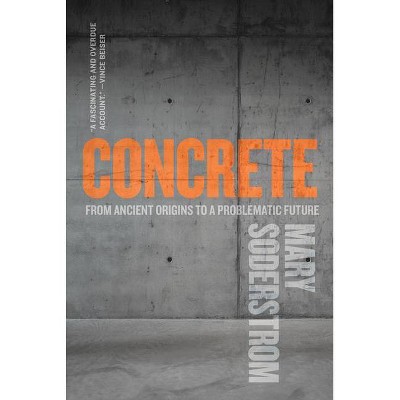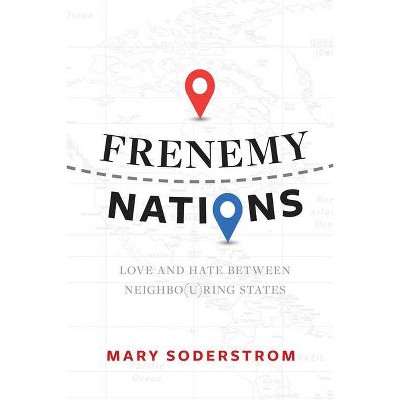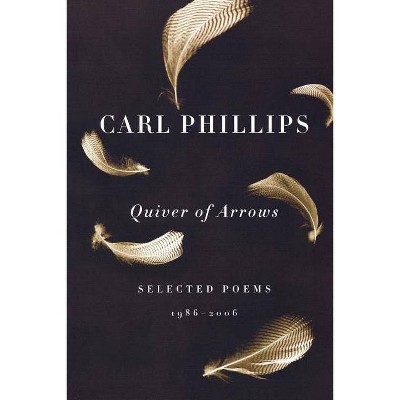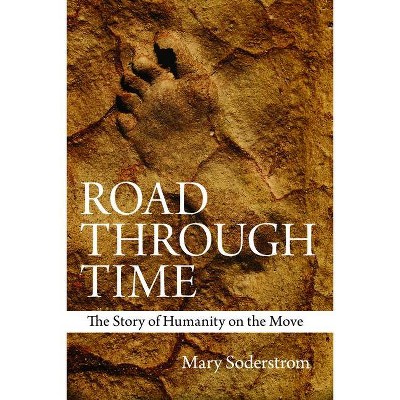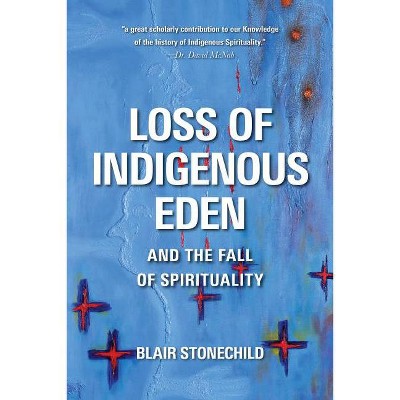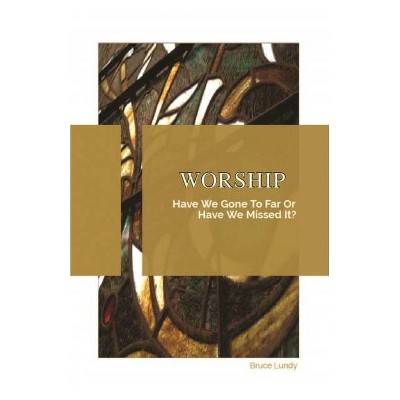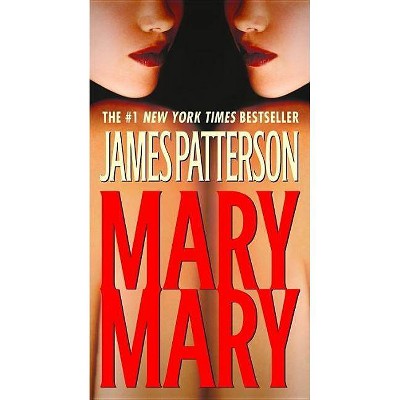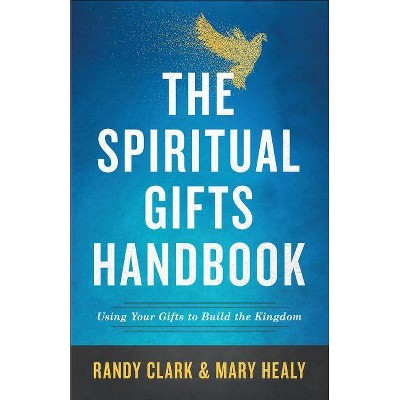Arrows in a Quiver - by James Frideres & Randy Lundy & Mary Soderstrom & Blair A Stonechild (Paperback)
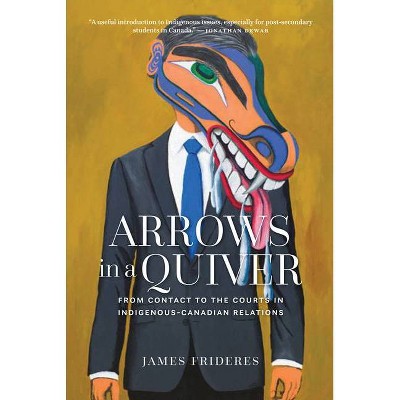
Similar Products
Products of same category from the store
AllProduct info
<p/><br></br><p><b> About the Book </b></p></br></br>"'A useful introduction to Indigenous issues, especially for post-secondary students in Canada.' --Jonathan Dewar, co-editor of Cultivating Canada: Reconciliation through the Lens of Cultural Diversity. Written in an accessible style and ideal for classroom use, Arrows in a Quiver provides an overview of Indigenous-settler relations, including how land is central to Indigenous identity and how the Canadian state marginalizes Indigenous people. Illustrating the various 'arrows in a quiver' that Indigenous people use to fight back, such as grassroots organizing, political engagement, and the courts, Frideres situates "settler colonialism" historically and explains why decolonization requires a fundamental transformation of long-standing government policy for reconciliation to occur. The historical, political, and social context provided by this text offers greater understanding and theorizes what the effective devolution of government power might look like. "--<p/><br></br><p><b> Book Synopsis </b></p></br></br><p><b>An overview of settler colonialism and the pathway to decolonization and reconciliation from an indigenous perspective</b> <p/>Written in an accessible style and ideal for classroom use, <i>Arrows in a Quiver</i> provides an overview of Indigenous-settler relations, including how land is central to Indigenous identity and how the Canadian state marginalizes Indigenous people. Illustrating the various "arrows in a quiver" that Indigenous people use to fight back, such as grassroots organizing, political engagement, and the courts, Frideres situates "settler colonialism" historically and explains why decolonization requires a fundamental transformation of long-standing government policy for reconciliation to occur. The historical, political, and social context provided by this text offers greater understanding and theorizes what the effective devolution of government power might look like. <p/> "A useful introduction to Indigenous issues, especially for post-secondary students in Canada." --Jonathan Dewar, co-editor of <i>Cultivating Canada: Reconciliation through the Lens of Cultural Diversity</i></p><p/><br></br><p><b> About the Author </b></p></br></br><p><b>James Frideres (Author) </b><br> James Frideres is the author of <i>Aboriginal Peoples in Canada</i> and <i>First Nations in the 21st Century. </i>He lives in Calgary. <p/><b>Randy Lundy (Author) </b><br> <b>Randy Lundy </b>is a member of the Barren Lands (Cree) First Nation. Born in northern Manitoba, he has lived most of his life in Saskatchewan. He has published three previous books, <i>Under the Night Sun</i>, <i>Gift of the Hawk</i>, and <i>Blackbird Song</i>. An award-winning poet, his work has been widely anthologized. He lives in Pense, Saskatchewan.<br> <p/><b>Mary Soderstrom (Author) </b><br> <b>Mary Soderstrom</b> lives in Montreal and is the author of fourteen other books of fiction and non-fiction. Her most recent work, <i>River Music</i>, was published in 2015. <p/><b>Blair A. Stonechild (Author) </b><br> <b>Blair Stonechild </b>is a Cree-Saulteaux member of the Muscowpetung First Nation and professor of Indigenous Studies at First Nations University of Canada. He is the author of <i>The Knowledge Seeker: Embracing Indigenous Spirituality</i> and <i>Buffy Sainte-Marie: It's My Way. </i>He lives in Regina, Saskatchewan. <p/></p>
Price History
Price Archive shows prices from various stores, lets you see history and find the cheapest. There is no actual sale on the website. For all support, inquiry and suggestion messagescommunication@pricearchive.us
